News
Epilepsy Purple Day – Supporting people with hidden disabilities
For Purple Day Living Options Devon is highlighting the need for organisations to be aware of people who have a hidden condition or disability, and how to support them.
March 26th is International Epilepsy Purple Day, a day that raises awareness of epilepsy, and so here is one of our Living Options member of staff’s story – #PurpleDay
My story of working with epilepsy
It’s 1994 and I’ve been applying for jobs as a graphic designer, none of the application forms asks questions about health conditions (certainly none which would inform them that I’m epileptic anyway). I don’t admit that I’m epileptic on any of these applications for fear of not getting an interview.
After a few temporary roles, I start work as a corporate graphic designer, I’m introduced to a small team of designers and art workers, one of which is Jules who is partially deaf. This was my first experience of working with someone who has a visible disability in the workplace. In 1994 epilepsy wasn’t talked about let alone considered to be a disability by employers. Jules was recognised by the HR department as a person with a hearing disability which I believed could only be a good thing. However, on numerous occasions, I saw Jules treated unfairly and at times made fun of. Staff were never given advice or guidance on how to help Jules and accommodate his condition. It was a tough experience for him, and looking back I feel I could have done more to help.
I’d had epilepsy since being diagnosed at the age of 9, and from my personal experience, I have always found that people find it difficult to comprehend or understand. Epilepsy isn’t often visible unless a major seizure occurs. However, most of the time a person with epilepsy is trying to cope with the side effects of medication and the anxiety of a potential seizure at work. Unfortunately, major seizures can occur at any time particularly if a person is stressed. Stress is recognised as one of the most common triggers of seizures.
A person with epilepsy also faces the potential embarrassment of collapsing in front of colleagues. It may happen in a public space, seriously injuring themselves in the process, and potentially losing bladder or bowel control during the seizure. You can imagine it can be mortifying for this to happen in front of your work colleagues.
Highlighting invisible conditions and hidden disabilities
Anxiety and depression is something that a huge number of the UK population suffer from. People like me who have epilepsy can also suffer from depression, exhaustion, poor memory, mood swings, paranoia and many other side effects of the condition or the treatment they’re taking. Of course, these can also occur with other conditions. Many other hidden conditions can cause physical and behavioural problems that could affect a person’s ability to work or contribute. A person who is bipolar, for example, may swing between highs and lows of mood or may have extreme behaviours like thoughtlessly spending all their money or having unsafe relationships. Someone who is experiencing extreme stress or anxiety may have tremors, need constant visits to the bathroom, may smoke or drink heavily or have other visible behaviours.
Hidden disabilities and conditions are often treated with drugs that have side effects, these can significantly affect how the person feels. They may suffer from extreme tiredness or have the appearance of being ‘spaced out’ or may have a visible problem such as being unsteady on their feet. Symptoms like this could be misinterpreted by others. Colleagues may assume that the person is drinking too much or is taking drugs. In a work environment, a person with a hidden condition may well be unwilling to tell their employer for fear of discrimination.
Making the invisible visible
Unfortunately, many people experience discrimination as a result of their hidden disability or invisible condition. From my own personal experience, I know many people who would absolutely not admit to a potential employer that they are epileptic. I didn’t feel comfortable informing my employer until 2005. I’ve even heard some people say that they have openly been discriminated against because of their condition, which is totally illegal!
While organisations are becoming more aware of inclusivity, they must make sure that they accept and understand people living with invisible conditions or disabilities.
Accommodate hidden disabilities and conditions
Managers, colleagues and volunteers must actively work to accommodate a person who has a hidden condition or disability. Organisations must ensure that they let everyone know how to support workers with medical conditions. By making adjustments that accommodate a person’s disability or condition, they will feel more accepted, engaged and happier in their role. Importantly the organisation will be less likely to unknowingly discriminate against them.
All members of your organisation can help to support people living with hidden disabilities or conditions. Leadership teams should promote an inclusive culture and educate volunteers and workers. It’s important to make sure that everyone understands that we all have a part to play in creating an environment of empathy and respect.
By taking time to understand the needs of people living with hidden disabilities or conditions, we can make sure that they never feel unseen, unheard or unsupported.
Thanks for reading.
By Neil Parker, Living Options Devon
Resources for organisations:
Epilepsy Action Employer Toolkit – Explanations, guidance, posters and free online training
Epilepsy Society Guidance for Employers – Information, posters, risk assessments, recruitment, adjustments
Originally published, in part, on Neil’s personal blog.
